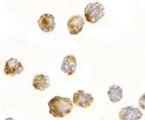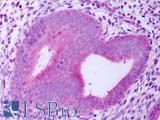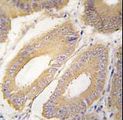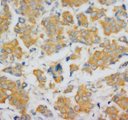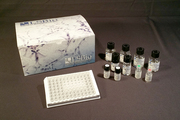Login
Registration enables users to use special features of this website, such as past
order histories, retained contact details for faster checkout, review submissions, and special promotions.
order histories, retained contact details for faster checkout, review submissions, and special promotions.
Forgot password?
Registration enables users to use special features of this website, such as past
order histories, retained contact details for faster checkout, review submissions, and special promotions.
order histories, retained contact details for faster checkout, review submissions, and special promotions.
Quick Order
Products
Antibodies
ELISA and Assay Kits
Research Areas
Infectious Disease
Resources
Purchasing
Reference Material
Contact Us
Locations
Orders Processing,
Shipping & Receiving,
Warehouse
2 Shaker Rd Suites
B001/B101
Shirley, MA 01464
Production Lab
Floor 6, Suite 620
20700 44th Avenue W
Lynnwood, WA 98036
Telephone Numbers
Tel: +1 (206) 374-1102
Fax: +1 (206) 577-4565
Contact Us
Additional Contact Details
Login
Registration enables users to use special features of this website, such as past
order histories, retained contact details for faster checkout, review submissions, and special promotions.
order histories, retained contact details for faster checkout, review submissions, and special promotions.
Forgot password?
Registration enables users to use special features of this website, such as past
order histories, retained contact details for faster checkout, review submissions, and special promotions.
order histories, retained contact details for faster checkout, review submissions, and special promotions.
Quick Order
| Catalog Number | Size | Price |
|---|---|---|
| LS-C171696-100 | 100 µg | $399 |
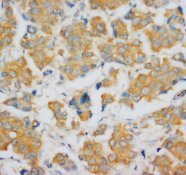
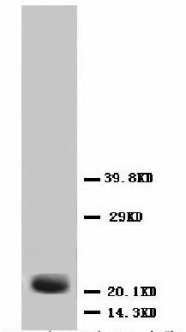


1 of 2
2 of 2
Polyclonal Rabbit anti‑Human FGF4 Antibody (Magnetic beads, C‑Terminus) LS‑C171696
Polyclonal Rabbit anti‑Human FGF4 Antibody (Magnetic beads, C‑Terminus) LS‑C171696
Antibody:
FGF4 Rabbit anti-Human Polyclonal (C-Terminus) (Magnetic beads) Antibody
Application:
IP
Reactivity:
Human, Mouse, Rat
Format:
Magnetic beads, Unmodified
Other formats:
Toll Free North America
 206-374-1102
206-374-1102
For Research Use Only
Overview
Antibody:
FGF4 Rabbit anti-Human Polyclonal (C-Terminus) (Magnetic beads) Antibody
Application:
IP
Reactivity:
Human, Mouse, Rat
Format:
Magnetic beads, Unmodified
Other formats:
Specifications
Description
FGF4 antibody LS-C171696 is a Magnetic beads-conjugated rabbit polyclonal antibody to FGF4 (C-Terminus) from human. It is reactive with human, mouse and rat. Validated for IP.
Target
Human FGF4
Synonyms
FGF4 | Fibroblast growth factor 4 | FGF-4 | Hst | HSTF-1 | Kaposi sarcoma oncogene | K-FGF | KFGF | HBGF-4 | HST-1 | Oncogene HST | HSTF1 | KS3 | Transforming protein KS3
Host
Rabbit
Reactivity
Human, Mouse, Rat
(tested or 100% immunogen sequence identity)
Clonality
Polyclonal
Conjugations
Magnetic beads.
Also available Unconjugated or conjugated with Sepharose.
Purification
Immunoaffinity purified
Modifications
Unmodified
Immunogen
Synthetic peptide corresponding to a sequence at the C-Terminus of human FGF4, identical to the related mouse sequence.
Epitope
C-Terminus
Specificity
Human, mouse, rat. No cross reactivity with other proteins.
Applications
- Immunoprecipitation
- Applications tested for the base form of this product only
Presentation
1 mg/ml magnetic beads in PBS, pH 7.2, 0.05 mg sodium azide
Storage
Store at 4°C.
Restrictions
For research use only. Intended for use by laboratory professionals.
About FGF4
Publications (0)
Customer Reviews (0)
Featured Products
Species:
Human, Mouse
Applications:
ICC, Immunofluorescence, Western blot, ELISA
Species:
Human
Applications:
IHC, IHC - Paraffin, Western blot, ELISA
Species:
Human, Mouse, Rat
Applications:
IHC, IHC - Paraffin, Western blot
Request SDS/MSDS
To request an SDS/MSDS form for this product, please contact our Technical Support department at:
Technical.Support@LSBio.com
Requested From: United States
Date Requested: 4/26/2024
Date Requested: 4/26/2024

